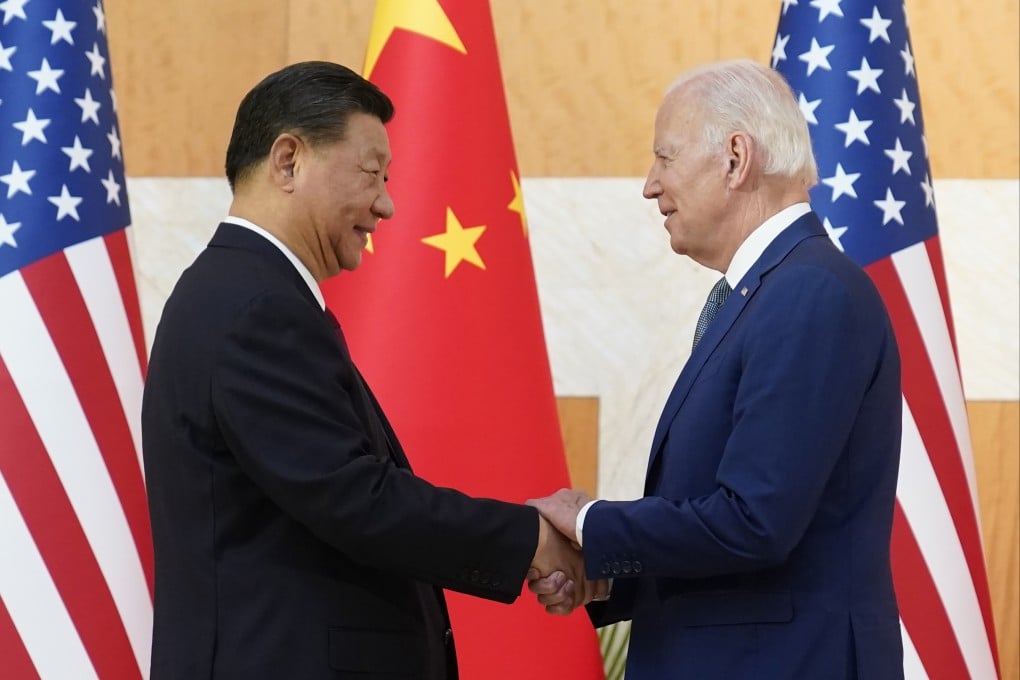Opinion | The US, China and Asean: there has been more talk than progress
- Washington and Beijing didn’t agree on anything substantive when Biden met Xi in Bali, except to continue to talk
- Meanwhile, there has been little progress on a South China Sea code of conduct – one of the loose ends that must be tied up for the sake of stability

It appears Biden got an earful from Xi, especially on the question of Taiwan. According to China’s foreign ministry, Xi “stressed that the Taiwan question is at the very core of China’s core interests, the bedrock of the political foundation of China-US relations, and the first red line that must not be crossed in China-US relations”.
Xi also declared that China seeks neither to change the existing international order nor to interfere in the US’ internal affairs – a thinly veiled reference to US criticism of China’s domestic policies, including the treatment of Muslim minorities.
According to the Chinese readout, Xi said he took Biden’s “five noes” statement seriously. This apparently refers to commitments not to seek a new cold war; not to try to change China’s system; not to step up revitalisation of its alliances against China; not to support Taiwan independence; and not to provoke conflict with China.
This does not appear in the US readout of the meeting, however, and it is not clear that Biden said this, and in these words. The Chinese readout adds: “Instead of talking in one way and acting in another, the United States needs to honour its commitments with concrete action.”
